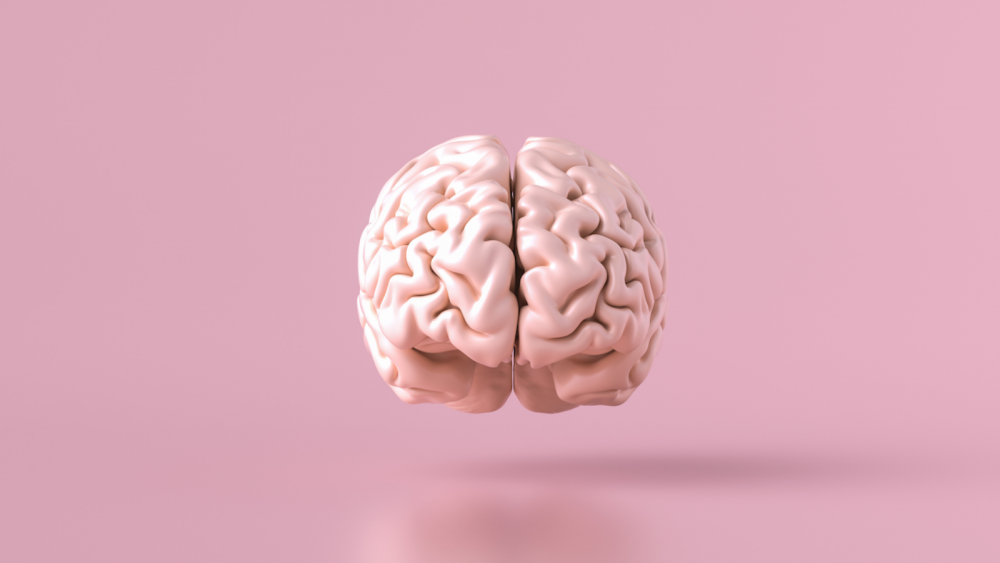
Given spatial learning—defined as short-term memory tasks that require reasoning and comprehension in new environments, generally declines among older populations, the researchers premised their analysis on its prevalence among their study sample.
What they found was antithetical to popular belief. Some people experience symptoms associated with dementia earlier than others because areas of their brain responsible for memory retention are overactive. That is to say, neurons in their hippocampus perform so rigorously periods of chronic disorientation often follow.
“With advancing age, the ability to learn spatial environments deteriorates substantially but the underlying neural mechanisms are not well understood. Here, we report findings from a behavioral and a fMRI experiment where healthy human older and younger adults of either sex performed a spatial learning task in a photorealistic virtual environment,” the authors wrote in the new paper.
“Key structures of the brain’s navigation circuit are particularly vulnerable to the deleterious consequences of aging, and declines in spatial navigation are among the earliest indicators for a progression from healthy aging to neurodegenerative diseases.”
The authors began their research with a study pool comprised of young and old participants. Neither group evidenced cognitive impairment at baseline. The young group contained participants between the ages of 21 and 28 while older participants were defined as those between the ages of 61 and 72.
All were tasked with learning the layout of a town via virtual reality technology. After exploring the town, participants were asked to estimate the location of various landmarks while their brain activity was assessed.
The vast majority of the older adults featured in the report could not perform as well as the younger participants. The former routinely took more time to familiarize themselves with the layout of the town as well.
After repeat sessions, the performance of the younger adults improved while the activity in their hippocampus decreased. Other areas of their brain important to spatial navigation showed increased activity, however.
The inverse was observed in the older participants. The researchers suspect this cohort was unable to reduce hippocampal activity. Their brain activity was too noisy to retain new information.
“Reducing hippocampal activity could become a treatment option for improving memory performance in aging adults,” lead author Dr. Nadine Diersch of the German Center for Neurodegenerative Diseases says in a media release.
“Exploring our surroundings has always been one of the hallmarks of human identity. To do so, we need to rapidly generate spatial representations and flexibly retrieve them later. With advancing age, however, these abilities deteriorate considerably. Older adults are slower in learning novel environments and have problems to utilize this information later.”
In addition to determining a previously unreported correlation between brain activity and dementia incidence, the authors of the new report shed light on new potential treatment methods.
“Our study is among the first to provide a mechanistic account about how physiological changes in the aging brain affect the formation of spatial knowledge. We show that neural activity in the aging hippocampus and medial parietal areas is decoupled from individual learning states across repeated episodes in a novel spatial environment,” the authors conclude. “Importantly, we find that increased excitability of the anterior hippocampus might constitute a potential neural mechanism for cognitive mapping deficits in old age.”
